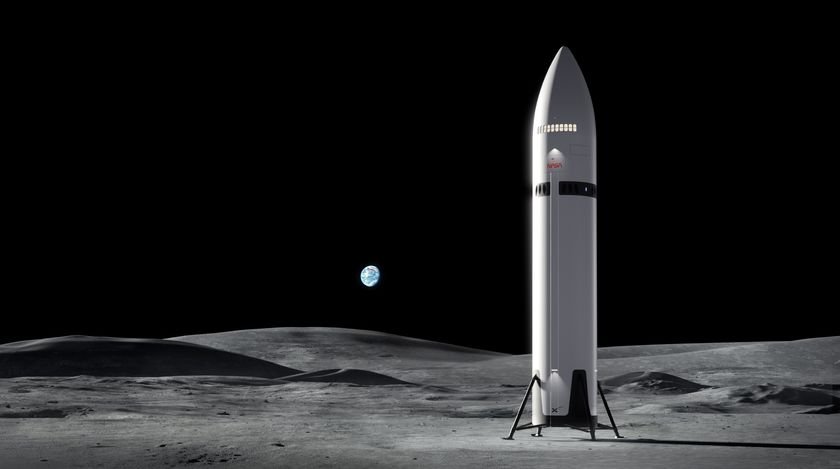India has taken a significant leap in its space exploration ambitions, with the government approving three groundbreaking projects: a Moon Sample Return mission, a Venus Orbiter mission, and the development of a Space Station Module. These initiatives, led by the Indian Space Research Organisation (ISRO), are set to position India among the global leaders in advanced space exploration and science.
Moon Sample Return Mission: Building on the success of the Chandrayaan program, this mission will aim to retrieve samples from the lunar surface for detailed scientific analysis. It marks India’s entry into an elite group of nations capable of executing such complex missions, with potential insights into the Moon’s composition and its evolution.
Venus Orbiter Mission: The Venus Orbiter will explore Earth’s “twin” planet, focusing on studying its thick atmosphere, surface characteristics, and the dynamic weather patterns caused by runaway greenhouse effects. The mission will help answer critical questions about planetary evolution and habitability.
Space Station Module: ISRO has also approved the development of an indigenous space station module as part of its long-term human spaceflight program. This module is envisioned as a key element of India’s future space station, supporting scientific experiments, long-term crewed missions, and international collaborations.
These projects are expected to be launched over the next decade, with the Moon Sample Return and Venus Orbiter missions set for launch by 2030 and the Space Station Module progressing in parallel with the Gaganyaan human spaceflight program.
The approval of these missions reflects India’s growing confidence and capability in space technology. These ventures not only reinforce India’s commitment to cutting-edge scientific exploration but also contribute to its standing as a major player in the global space community.













